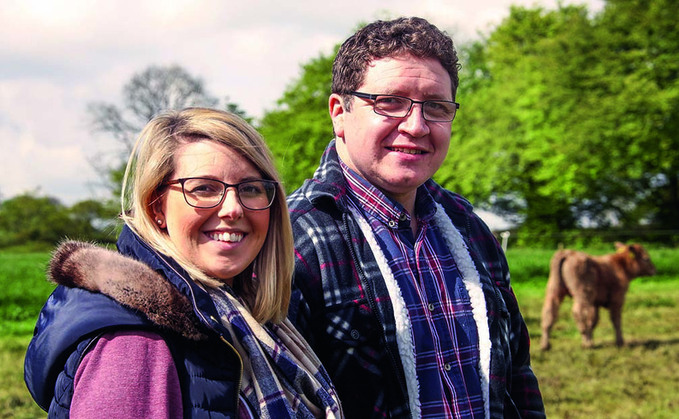
Hefin Jones works as a Welsh language translator, and his voice is probably familiar to many. Back at home, he has taken the reins at Y Wern farm. Barry Alston reports. Ever been to an agricultural...

Hefin Jones works as a Welsh language translator, and his voice is probably familiar to many. Back at home, he has taken the reins at Y Wern farm. Barry Alston reports. Ever been to an agricultural...